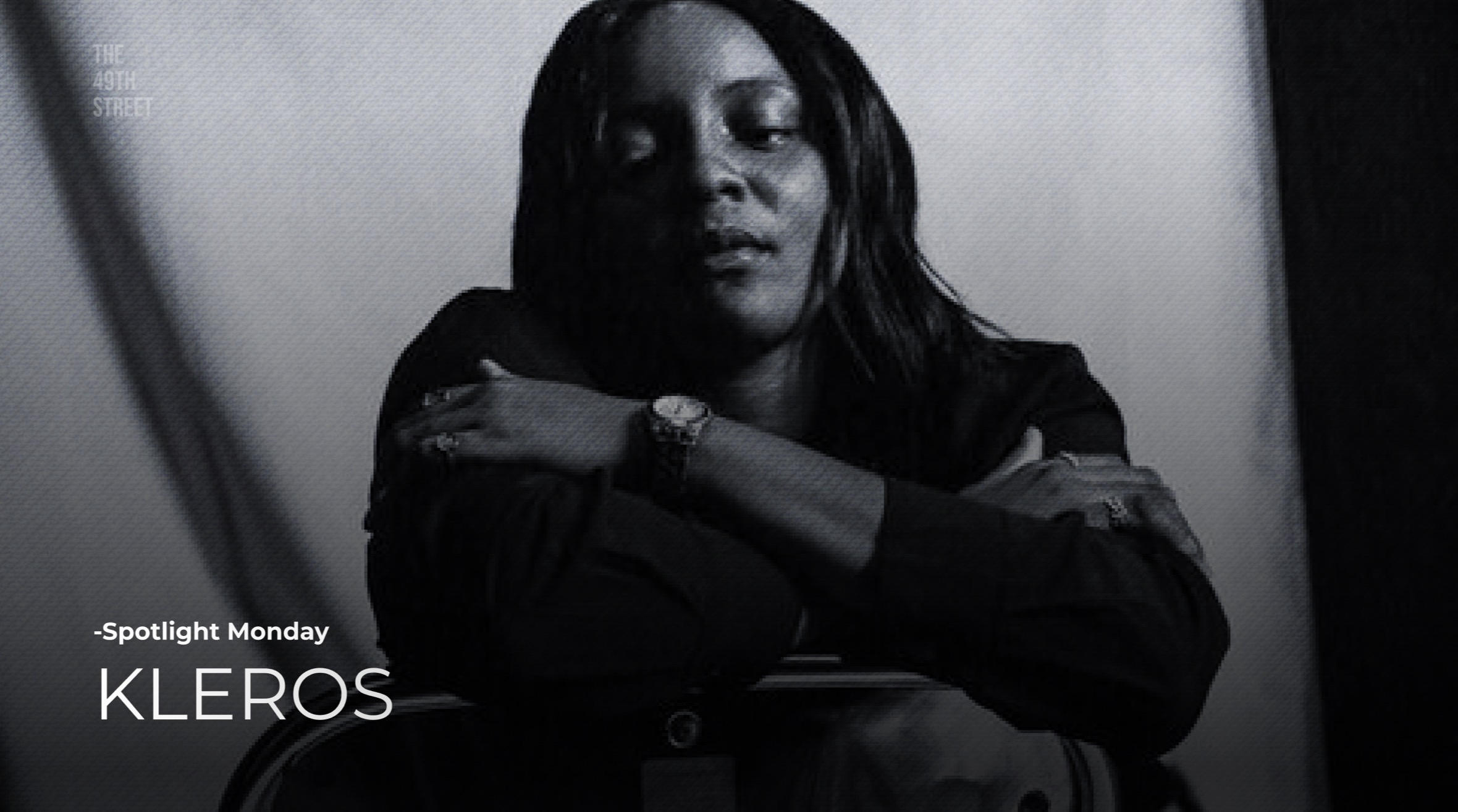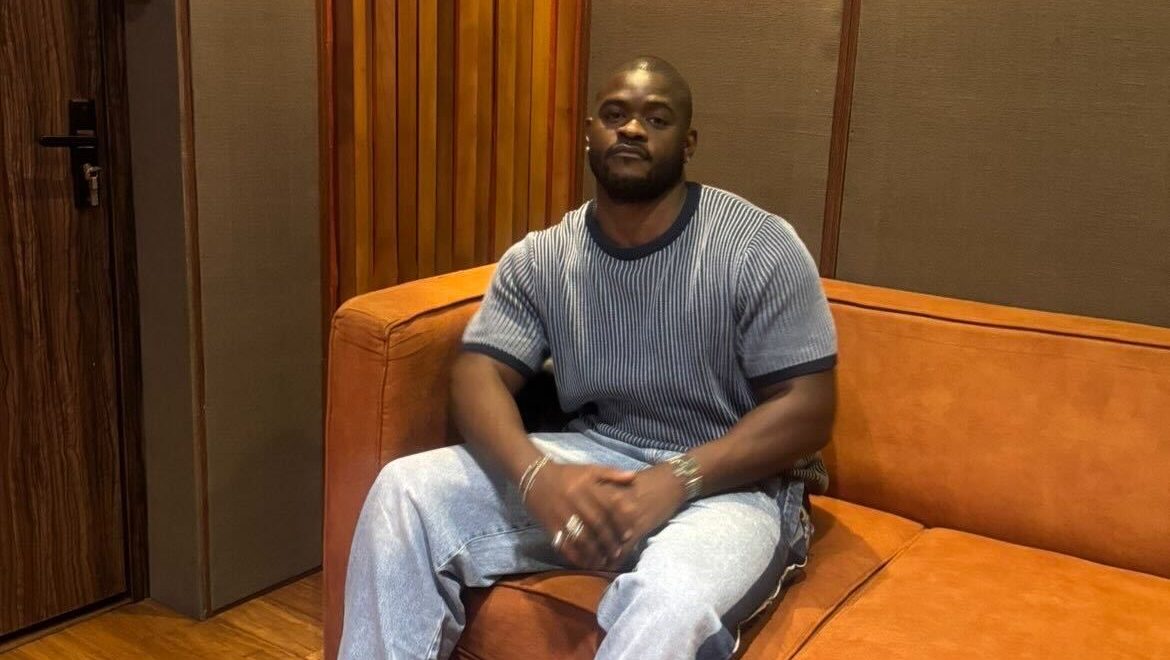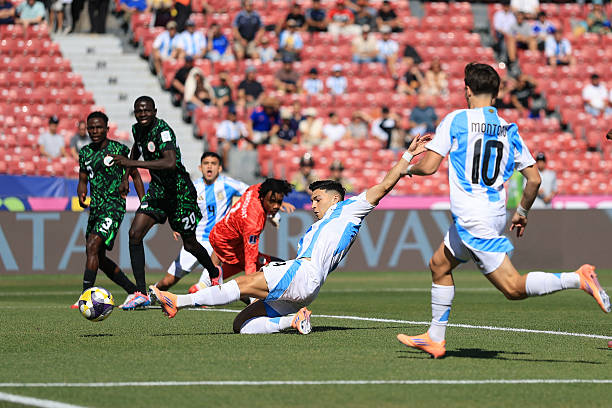by Akinwande Jordan
Lagos wants you dead. Afolabi Olalekan knows this. He paints the city’s instruments of the torture in the jostling through the traffic of corruption, desperation, and the quiet toil of survival. FREEDOM WAY is a debut feature that feels less like a single story and more like an investigative intersection, where fate and misfortune are in a darkened Venn diagram.
This is Lagos, as metaphor and as mise-en-scène. Sweat-strewn, restless, alive, diseased. From the first frame, Olalekan’s camera adopts the city’s conflicting tempo… the chains of gridlock and the ceaseless motion of heads and bodies. This isn’t merely aesthetic. It’s structural. The film thrives on interconnection. Threads snap together, momentarily illuminating, occasionally absurd, but always charged with narrative momentum.
Blessing Uzzi’s screenplay is the axis around which the chaos spins. Her writing on Freedom Way presents multiple narratives orbiting a central moral provocation. Alongside Olalekan, they both lean into melodrama and realism, elevating every twist into high-stakes spectacle. This is how they see the city, a metropolis lacking in moderation.
The story introduces us to Themba (Jesse Suntele) and Tayo (Mike Afolarin), software developers trying to launch a ride-sharing app for okada riders. The entrepreneurial dream is sold as a new Nigeria. One where innovation trumps chaos. Yet it’s a fragile dream, easily punctured. One of their early recruits is Abiola (Adebowale Adedayo aka Mr Macaorini), a motorcyclist trying to stay afloat while providing for his young family. He is the human cost behind the tech pitch deck. He is also, arguably, the soul of the film, exuding a pathos that might surprise the many who see him as just a popular skitmaker.
Abiola’s storyline collides with others: a corrupt police officer played with weary menace by Femi Jacobs, a doctor who still believes in the Hippocratic oath despite the country’s decay (Taye Arimoro), and several other orbiting figures, each one caught in Lagos’ gravitational pull. Freedom Way’s visual language borders on institutional indictment by way of a formalist approach. The stock close-ups and aerial shots are ever-present, but the Lagos mise-en-scène is highlighted as a parasitic living organism. Inescapable. Scorching. All in service of a story about ordinary people spinning on the brink of national collapse.
It helps that the performances are mostly understated, a necessary counterbalance to the script’s more heightened moments. Abowale Adedayo stands out. He performs with his whole body: the way he leans forward on his bike, the flicker of worry behind his eyes, the clenched jaw of someone who’s done the math and knows the numbers don’t add up in the old games of life. His wife, played with haunting restraint by Meg Otanwa, doesn’t have much screen time, but her presence lingers. She carries a silent fatigue that says more than any dialogue could.
Suntele and Afolarin operate less as characters and more as dialectical agents. They are not just in the story; they’re reflecting on it. They argue about systems, trade philosophies with the limits of their articulation, and question the very structures they’re trying to infiltrate. In their dynamic, we see the endless loop of Nigerian debate: should we reform or abandon the state? Their conversations don’t resolve anything, but they give the film its ideological texture and reiterate themselves as fixtures in our collective consciousness.
Stylistically, Olalekan shows a confident hand. With cinematographers Kabelo Thathe and Muhammad Atta Ahmed, he frames Lagos as both claustrophobic and sprawling. The camera is rarely still. Long takes slither through streets and corridors, while the editing by Olalekan himself maintains a rhythm that mimics the city’s breathless pulse. The effect is immersive. The viewer is never given the comfort of detachment. No reprieve. Only accumulated grievances. It’s reminiscent of Alejandro González Iñárritu’ Amores Perros (2000) a film set in Mexico City about the perils of living in impossible situations whilst toiling to retain slivers of humanity.
Both films share a thematic throughline, the reoccurring event of a city against them with no reprieve in sight. Both films evoke a sense of inquiry and dread about the state of affairs. However, Freedom Way risks morphing into just another Nigerian film about the downtrodden in Lagos. The criticism here isn’t that there are films of this form about the characters in Lagos in spades but that it’s more of a rallying cry than it’s a film. It teeters on the edge of an experimental documentarian’s vision and also in the median space of sameness too.
Ultimately, there’s still a stabbing beauty in Freedom Way. It’s better parsed as a story about a Dickensian Atlantis, a sinking city about exhausted citizens ensnared in the waves of uncaring capitalism and institutional decay, who are taking refuge in the field of dreams.





